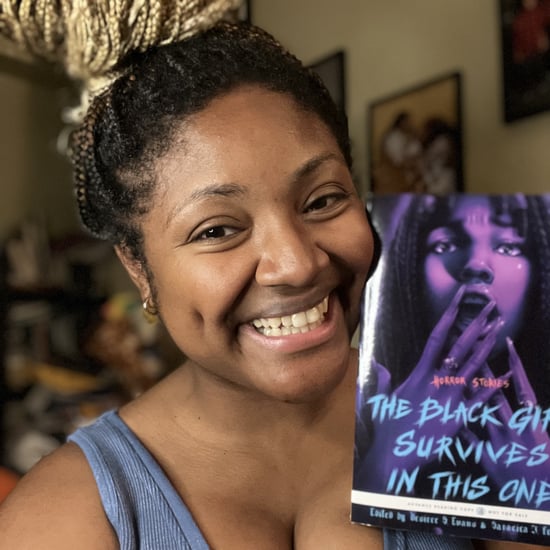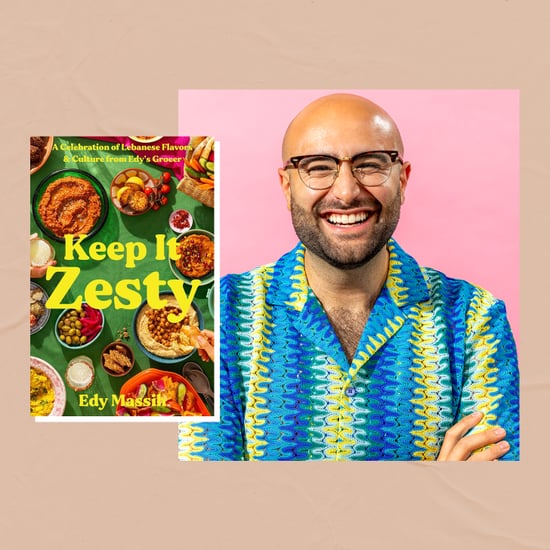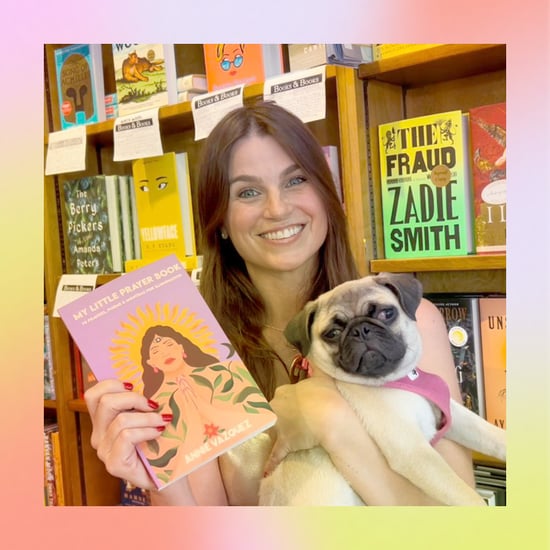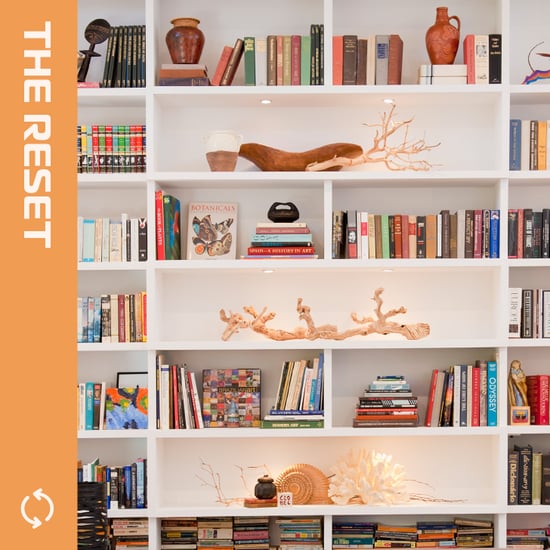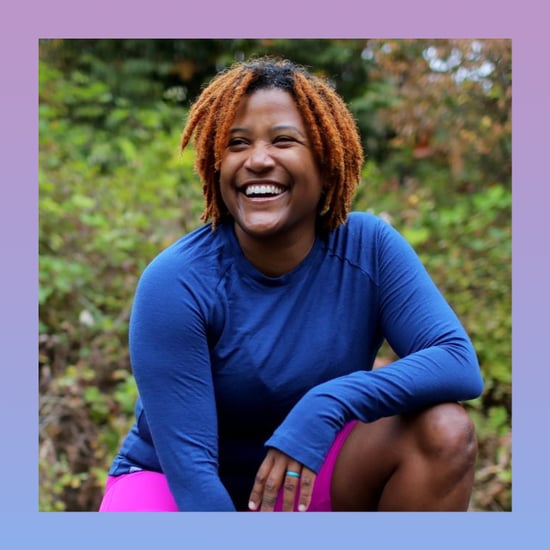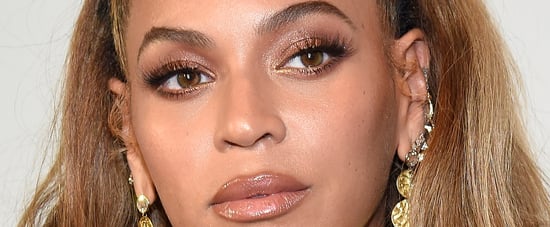Obituary: On bell hooks, a Black Woman Who Loved Us
On bell hooks, a Black Woman Who Loved Us
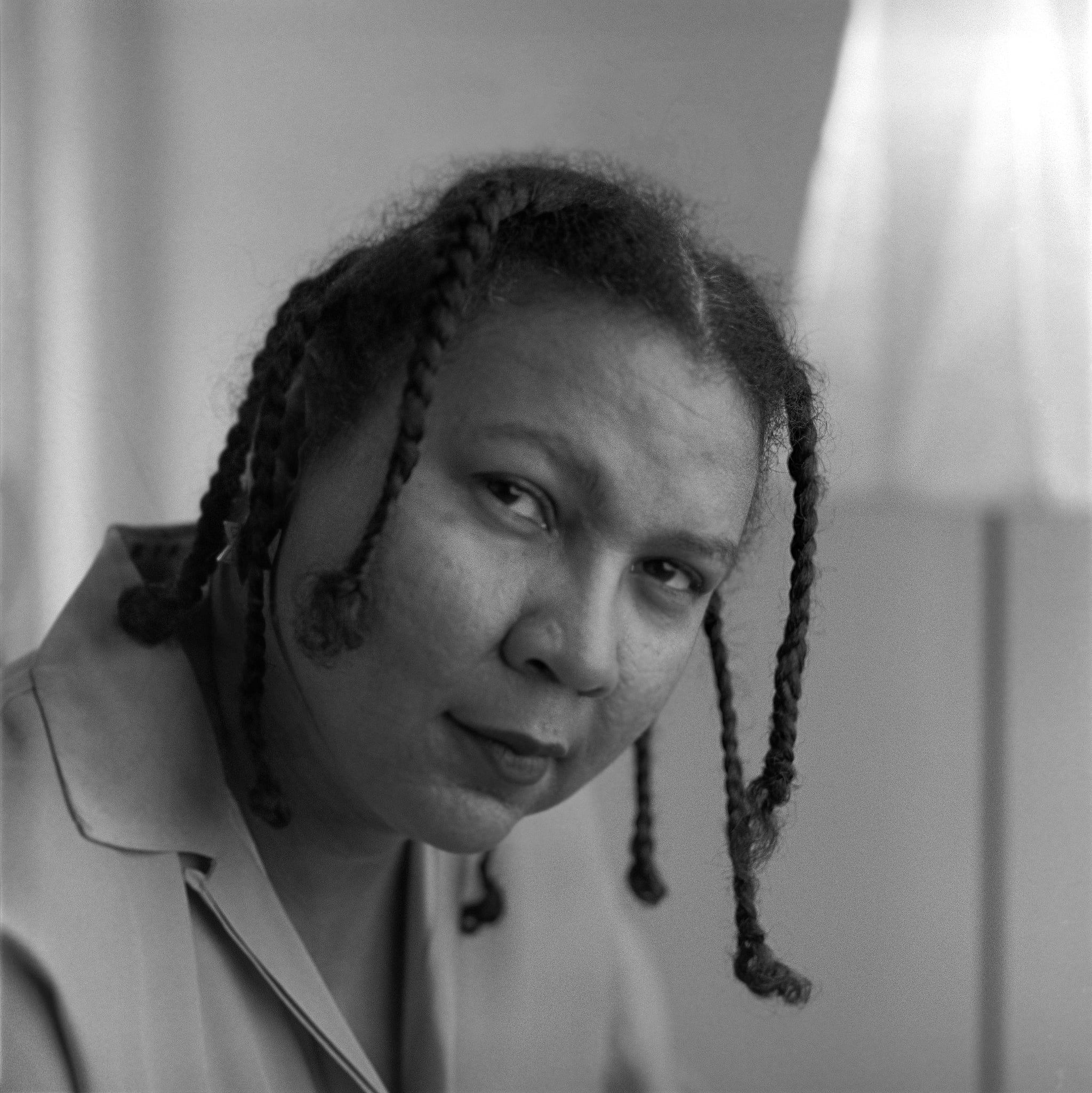
Pioneering feminist scholar, author, professor, and critic bell hooks died at the age of 69 on Dec. 15 due to renal failure, according to The New York Times. Her family announced her death via Twitter, stating: "We are proud to just call her a sister, friend, confidant and influencer." Death is all that is guaranteed to us in life, but we believed bell hooks would outlive us all. hooks gave us the freedom to think freely; we needed her insight in times like these.
Born Gloria Jean Watkins in Hopkinsville, Kentucky, bell hooks believed from childhood that she would be a writer. Her father, Veodis Watkins, worked for the postal service as a custodian. Her mother, Rosa Bell Watkins, was a domestic worker. hooks received a scholarship to attend Stanford University, where she earned her bachelor's degree in English literature in 1973; her dissertation was on Toni Morrison. To hooks, Morrison was a writer that helped her envision herself as a writer more clearly. During her sophomore year, after being upset by the liberal sensibilities on Stanford's campus and the mistreatment of Black women in feminist spaces, she began writing her first book, Ain't I a Woman: Black Women and Feminism. She continued to work on it as she pursued her master's degree at the University of Wisconsin-Madison and her doctorate in English at the University of California, Santa Cruz. Ain't I a Woman was published in 1981 by South End Press, establishing hooks not only as a feminist theorist, but as a critic of the feminist movement.
Stuart Hall's "politics of articulation" — the idea that culture isn't stagnant, that it can always be changing, negotiated, and challenged — comes to mind when I think of bell hooks's work. She wrote extensively about class, race, gender, and culture. In the preface to Feminist Theory: From Margin to Center, she wrote: "To be in the margins is to be part of the whole but outside the main body." Later, she continued, "Living as we did — on the edge — we developed a particular way of seeing reality. We looked both from the outside in and from the inside out. We focused attention on the center as well as on the margin. We understood both." hooks understood that the margin wasn't merely a vantage point from which to see the world; she knew it as a site of political urgency, resistance, affirmation, and celebration of our humanity — and a way to take control of our joys and destinies.
In an interview with Cornel West, bell hooks spoke about her decision to forgo footnotes in Ain't I a Woman. She shared that she spent a great deal of time deliberating whether or not she should use them; she spoke with non-academic Black people and asked them if they read books with footnotes. hooks was concerned with what kind of "codes," apart from interest, convey to a people that a particular book isn't for them. Footnotes connoted distance, inaccessibility. Her analysis didn't only give us language to speak what we inherently believed: it gave us direction. hooks's analysis was a compass, leading young thinkers to new forms of Black theory. Her work was foundational and easy to understand. In that, is a reminder that her work was never self-serving. Her work was motivated by the belief that we can't fundamentally transform a capitalist, patriarchal society if we don't grasp the specificity and complexities of Black life.
I encountered her work as a teenager aimlessly scrolling through Tumblr, grief-stricken after my father's death. All About Love helped me come to terms with his death. It made me understand that if I wanted to be open to love, I had to be open to grief as well. Where We Stand: Class Matters helped me get through college as a poor, working-class student. She refreshingly talked about social mobility and how she was implicated in her critiques of elitism by confronting her own elitism after accruing new wealth. Art on My Mind includes one of the best essays I've read on Basquiat. I revisit it often because we — those of us in the margins — can't allow others to have authority over our culture and art. hooks rejected any attempt to allow the white gaze to dictate how we see ourselves.
bell hooks was a prolific writer, fearless in her engagement of Black cultural output. She wasn't interested in sharing truisms, but instead with challenging us to think harder about what we see and what we consume. hooks helped generations of thinkers uncover the truths we wrestle out of uncertain realities. Her theory was perpetually in search of new ways of being, of living more fully. She reminded us that we are bold in imagination when we are loving and fearless in our demands for a better world, because we all share a common present and future.
Her writing on love is her most popular work, and its importance can't be understated. However, bell hooks's love was ultimately revealed to us in her desire to be accessible, to look at every facet of Black life and render it worthy of thorough engagement. There wasn't a topic she didn't write about with care. Even when she wasn't explicitly talking about love, the love for her people — specifically Black women — was always in her work.
bell hooks made me realize that death isn't final. Some people will live forever, immortal in their words and their impact on the rest of the world. bell hooks is one of those people.
